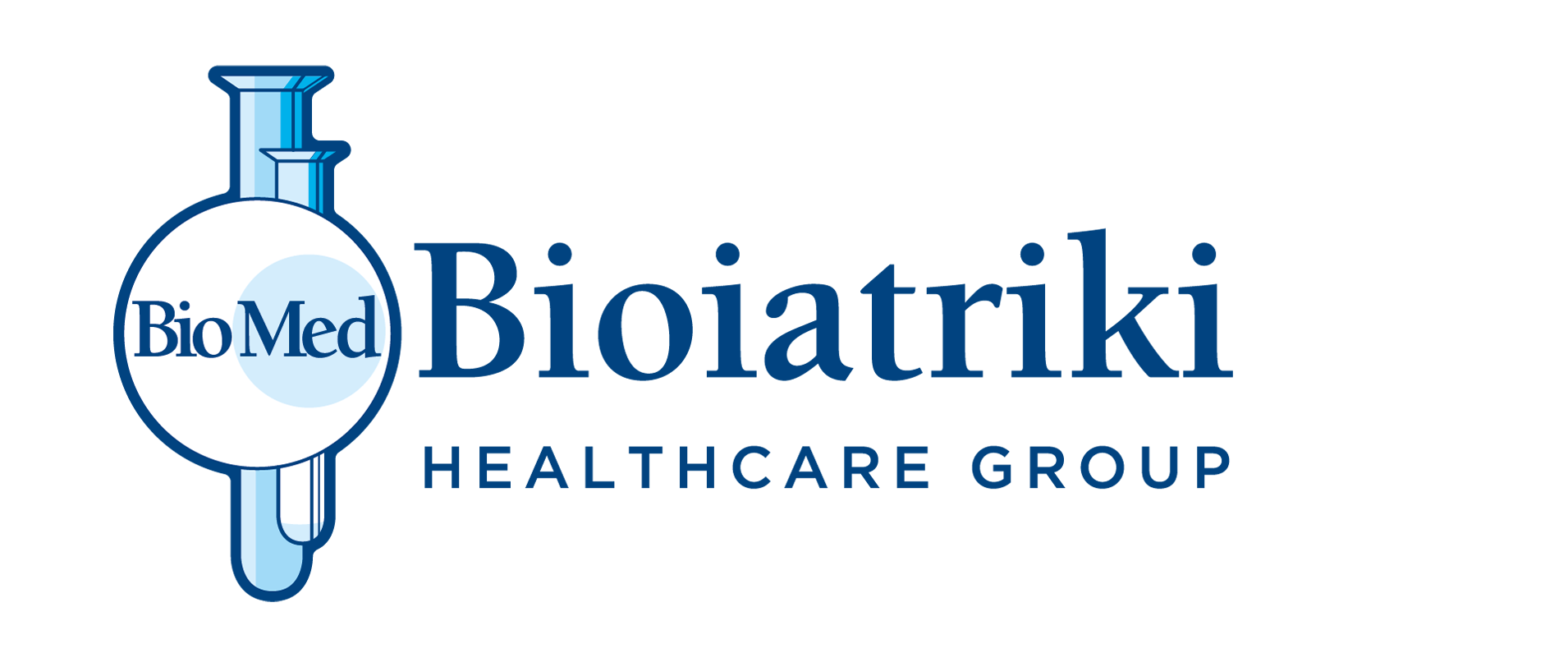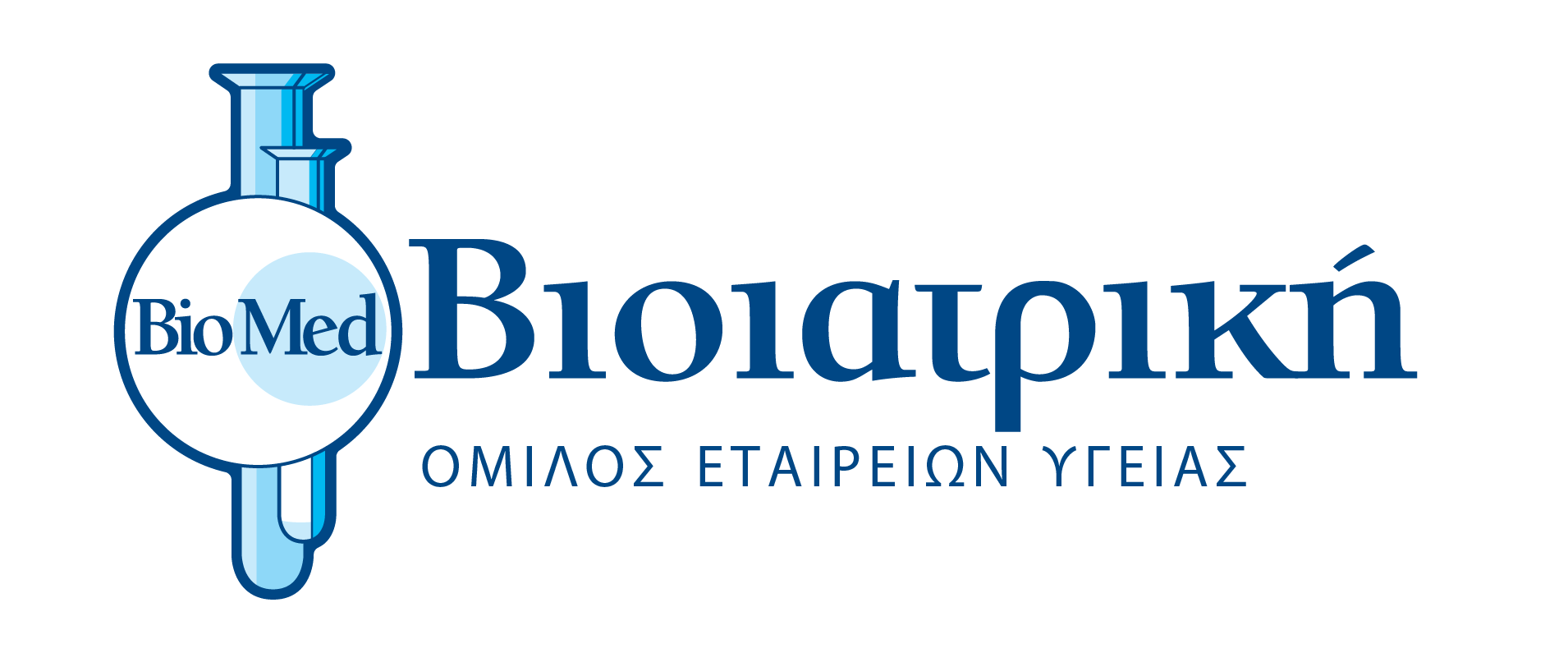
- An accredited clinical laboratory benefits the patients, the national healthcare system, the clinical laboratories themselves, and the society overall.
by Kyriakos Yiannoukas*
The clinical laboratory is a vital part of the daily medical practice, as it contributes to a considerable extent to the prevention, diagnosis, and treatment of many diseases. For this reason, establishing and preserving the quality of the services provided, is more than necessary. In recent years, the states and their healthcare system aim to establish a body that regulates and monitors the quality of the provided services, and those who man it. The focus on quality is, of course, not at all unjustified, as it offers multiple benefits to patients, to businesses themselves and to society overall.
The need for reliable results led to the creation and application of standards that concern either the certification of quality management systems, or the accreditation of their technical competence.The accreditation of clinical laboratories is based on a series of objective criteria to prove their technical ability. It is important as it certifies the technical competence, reliability, and suitability of the accredited organizations so they can reliably carry out the clinical tests they undertake.
Some of the most important benefits arising from QMS are the achievement of a stable high level of services due to the standardization of procedures, the increase of confidence in the medical test results of the patients and the awareness of the workforce on issues related to the quality of the provided services. More specifically, accreditation ensures the following benefits:
- For the patient: The reliability and validity of the results of accredited medical services is ensured through prevention, valid diagnosis, and consequently, appropriate treatment. The services accredited by the CYS-CYSAB in Cyprus are accepted in Europe and worldwide, without the need for external re-inspection (laboratory collaborations), while the need for continuous adaptation of laboratories to international accreditation standards is reinforced (annual inspections by the CYS-CYSAB, national regulations and health regulations), ensuring an upgraded quality of service.
- For the society: Through accreditation and the provision of quality health services, the health system is upgraded, the insurance funds are secured, and accredited businesses contribute to the protection of the environment.
- For the laboratory itself: The results of similar laboratory testing methods are comparable, therefore, the public confidence is increased, the prestige of the laboratory is strengthened and its recognition in the health field is improved. At the same time, a quality management system is ensured with the mandatory application of specific regulations and requirements that aid its proper organization and operation.
An extremely important step for the promotion, support and adoption of accreditation and quality in the provision of primary health care services, is the very recent creation of the Association of Accredited Laboratories of Cyprus (SDIEK).SDIEK aims to a close collaboration with the relevant state health agencies and other involved parties, for the benefit of the patients and the society, through the promotion of quality criteria in clinical examinations.
Of course, quality management is not limited to the certification and accreditation of the diagnostic departments. It is a philosophy of continuous improvement (Continuous Quality Improvement) of all activities, oriented towards the best possible satisfaction of the patients’ needs.
*CEO of Yiannoukas Medical Laboratories, BIOIATRIKI Healthcare Group in Cyprus









